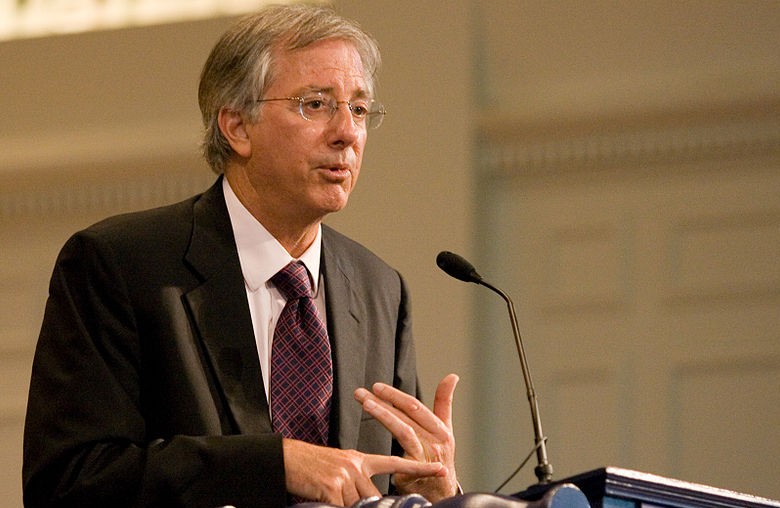When I first embarked on this journey to DC and the Middle East, I intended to thoroughly document my experiences and impressions daily. But I didn’t bring a laptop, nor do I own a smart phone, so for now, I’ll have to briefly describe each day’s events and hope that readers ask questions to which I can later give more elaborate responses.
We landed in DC well into the night, and I spent our first hours there searching fruitlessly for some kosher food. I ended up buying some trail mix and juice to hold my belly off until morning.
Our first meeting the next day was with ambassador Dennis Ross. We arrived late, so our time with this peace process veteran was brutally cut short. Instead of reciting a lecture, he asked us to begin by posing our own questions, which we were prepared to do.
The most profound information he gave us was a warning that regardless of what decisions are made in terms of borders, refugees, and Jerusalem, a lasting and comprehensive peace cannot be established while the psychological gap between the Israelis and Palestinians remains so vast. I believe that he was referring to recent polls which indicated that while a majority of the population on each side of the conflict wants peace, the same numbers do not believe that their counterparts feel the same way.
He called upon us, the “Facebook Generation,” to close that gap and to forge healthy communications between young and active people on each side.
Ross also left us with an unexpected morsel of advice for aspiring young diplomats. He said that in the business of international problem-solving, in which disappointment is the norm and success is the rare exception, the most important trait one can posses is passion. One must be personally invested in the work one does. Otherwise, one’s devotion will quickly suffer the onslaught of all grim bureaucratic processes entailed by the job.


Here is a point to plunder about.
Maybe its western meddling and lack of ability to truly comprehend that the “other side” (anyone who is not from a western country) has different world views and way of achieving their goals then “we” do?
Also if you could elaborate on what each side means by wanting peace that would be great. Since if you listen to Ahmadinejad he also claims to want peace. “Peace” is defined differently by each side and it is essential to understand how it is defined in order to truly brig the gap that is between Israel and the Arabs.
I guess my first question about your trip will be, what was your understanding of each sides definition of peace or what was each sides aspiration for peace?